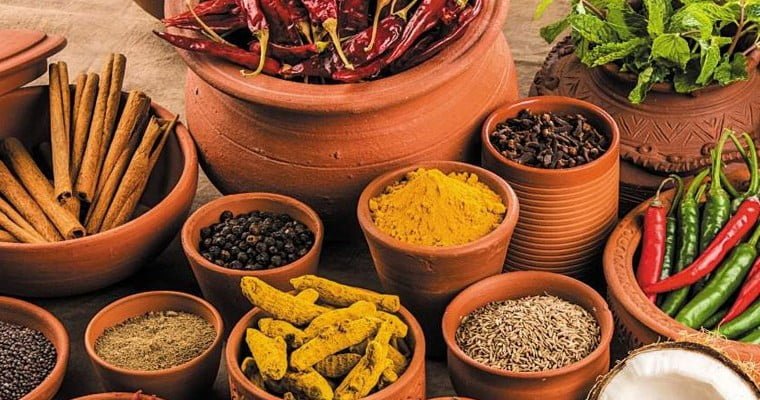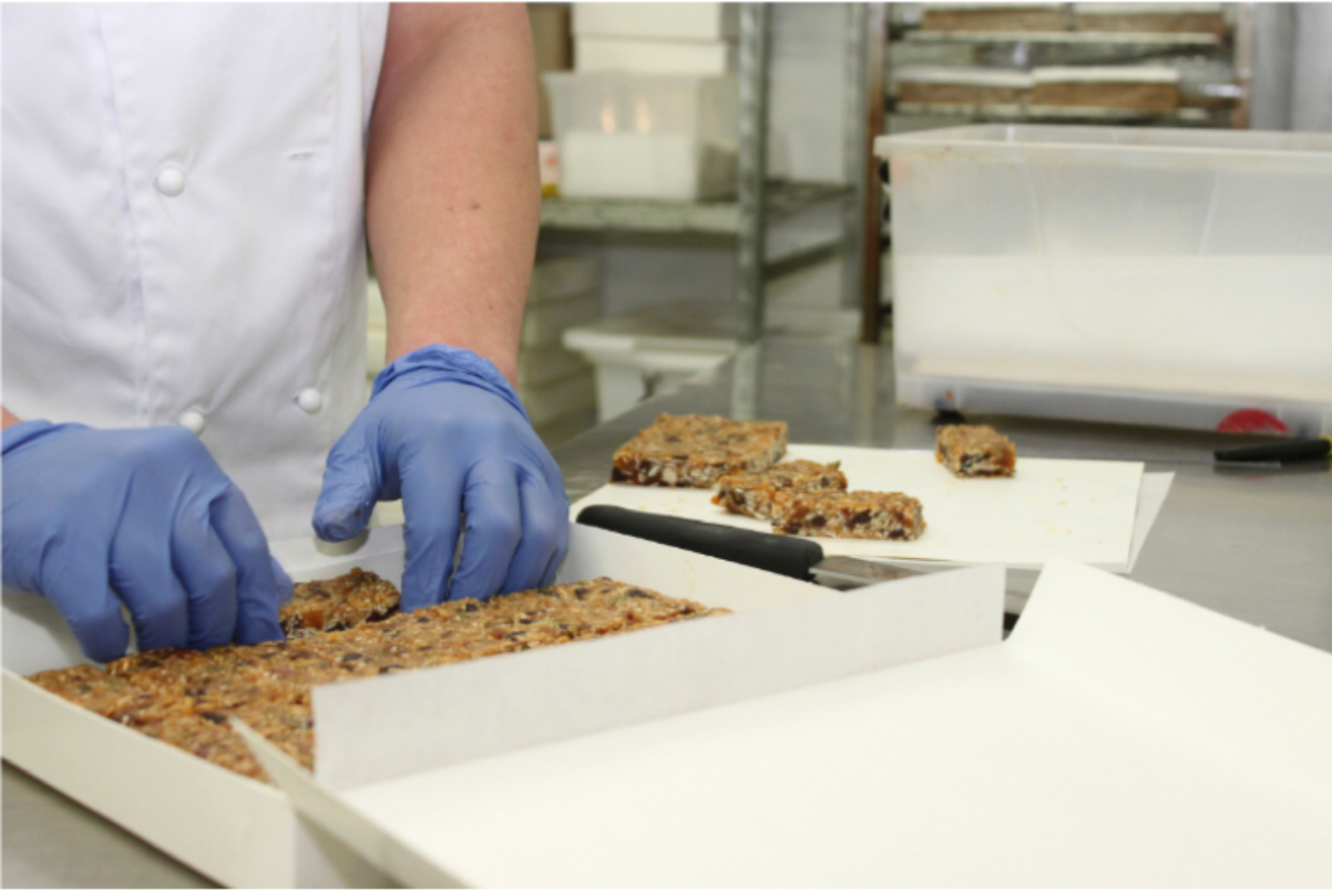Private Label Food Manufacturing: Leading the Way in Sustainability & Sourcing

In today's diligent consumer landscape, the demand for fairly sourced and sustainable items has surged. Private label food manufacturers have actually emerged as trailblazers in this domain name, frequently teaming up with agreement food manufacturers to spearhead sustainability and also liable sourcing initiatives. With a resolute commitment to ecological principles, exclusive label brand names have made it their mission to supply sustainable, high-quality alternatives to consumers.

Private Label Food Manufacturers
Over the last few years, private label food manufacturers, likewise known as very own brand names or store brand names, have actually witnessed an impressive rise in appeal. These makers produce products sold under the logo of a retailer, grocer, or exclusive entity. What sets private-label items apart is their capacity to offer affordable pricing without compromising on quality.
Agreement Food Manufacturers
Lots of private-label food producers sign up with pressures with contract manufacturers to develop their product lines. Agreement food producers are professionals in producing food products for exclusive tags. This strategic collaboration enables exclusive label companies to use the competence, resources, and devoted food manufacturing facilities of their partners.
Sustainability at the Core
Private label food manufacturers use various approaches to improve sustainability within their supply networks:
Honest Sourcing:
Private label firms are increasingly devoted to sourcing active ingredients according to honest and reasonable trade requirements. This involves guaranteeing that producers as well as employees of resources, such as coffee beans, flavors, or chocolate, receive reasonable payment for their efforts.
Neighborhood Sourcing:
Prioritizing regional sourcing of ingredients is an additional hallmark private label foods of private-label food makers. This not only minimizes the carbon impact associated with transportation however likewise supports regional farmers and also neighborhoods.
Organic Contents:
With the organic food market growing, exclusive tags are reacting by including organic ingredients right into their line of product. Organic farming methods prioritize soil health while eschewing artificial chemicals and also plant foods.
Lasting Fish and shellfish:
Private Label Food Manufacturers are attentive in ensuring that the fish and shellfish they utilize is sustainably gathered, sticking to standards established by organizations like the Marine Stewardship Council, which promotes accountable fishing.
Reduced Food Waste:
Exclusive label companies are proactively dealing with decreasing food waste by carrying out efficient manufacturing processes and also creating items with longer life span. Some brands are additionally partnering with food rescue organizations to donate excess food to those in need.
Eco-Friendly Product Packaging and Campaigns
Sustainability initiatives by private-label food producers expand beyond sourcing active ingredients to include product packaging and also eco-friendly initiatives:
Lasting Packaging:
Private label brands have welcomed environment-friendly product packaging choices, including recyclable, naturally degradable, or compostable materials. Upgrading product packaging to reduce excess material and also decrease environmental influence is a top concern.
Waste Reduction:
To reduce wastefulness, private-label food suppliers enhance product sizes, lower excess packaging, and check out innovative product packaging services. Some brand names even encourage consumers to participate in reusing programs.
Power Efficiency:
Numerous private label makers are investing in more energy-efficient production plants, reducing water usage, and adopting renewable energy sources to additionally reduce their ecological impact.
Carbon Neutral Initiatives:
Some exclusive brand name food producers are taking enthusiastic steps to accomplish carbon nonpartisanship by countering their greenhouse gas exhausts with reforestation tasks and renewable resource credit scores.
Obstacles as well as the Roadway Ahead
Despite the considerable strides made in sustainability as well as liable sourcing, private-label food suppliers deal with challenges. Balancing sustainability with cost-effectiveness can be a fragile act, in some cases needing compromises on lasting components or the exploration of environment-friendly alternatives.
Nevertheless, the future of private-label food manufacturing holds fantastic pledge. As consumer recognition as well as demand for sustainable products remain to climb, private-label brand names as well as their contract food manufacturing partners are most likely to intensify their initiatives. Cooperation with distributors and financial investment in lasting technological advancements as well as openness will be pivotal fit a lasting future for the market.
Often Asked Concerns
Q1: What are private label food manufacturers?
Private label food manufacturers generate products marketed under the logo of a retailer, grocer, or exclusive entity. They offer competitively priced products without jeopardizing on high quality.
Q2: Exactly how do private label food manufacturers advertise sustainability?
Private label food manufacturers advertise sustainability through moral sourcing, regional ingredient procurement, making use of natural ingredients, lasting seafood techniques, and also initiatives to reduce food waste.
Q3: What environment-friendly packaging alternatives do private label brand names use?
Exclusive label brands embrace eco-friendly packaging choices such as recyclable, naturally degradable, or compostable products. They additionally revamp packaging to lessen excess product and also minimize environmental influence.
Q4: What tests do private label food manufacturers face in sustainability initiatives?
Stabilizing sustainability with cost-effectiveness is a significant challenge for private label food manufacturers. This might require compromises on lasting ingredients or the expedition of environmentally friendly choices.
Final thought
Private label food manufacturers are at the center of the sustainability and also liable sourcing movement within the food market. Their commitment to moral sourcing, regional procurement, natural components, as well as lasting practices, in addition to their commitment to eco-friendly product packaging and waste decrease efforts, demonstrate their determination to meet the needs of today's eco-conscious customers.
Regardless of the obstacles they encounter, private label food manufacturers are positioned for an appealing future. With consumers increasingly prioritizing sustainability, the industry is most likely to witness even greater cooperation with suppliers, financial investment in lasting technologies, and also a commitment to openness. As we progress, private label food manufacturers will remain to play a vital role fit a much more sustainable and honest food landscape for all.
